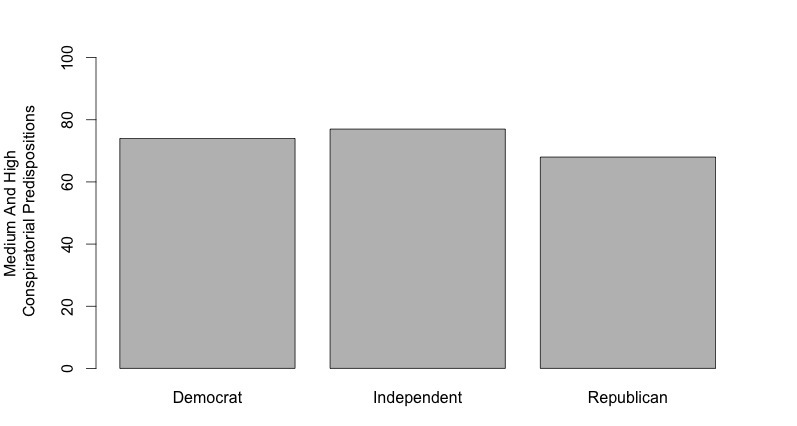Here’s some high praise for the outgoing democratic senator Harry Reid, who announced yesterday he won’t be seeking re-election in 2016:
Today we will hear a lot about Reid’s “service” to the Senate and to the American people. Ha! “Service” indeed. The truth of the matter is that Harry Reid is a stone-cold killer who has damaged Washington considerably, who has elevated his own political preferences above the institution he was elected to protect, and who has made worse the partisan rancor that our self-described enlightened class claims to abhor. The greatest service he can do America is to go away.
From a purely Machiavellian perspective, there is a strong case to be made that Reid has been the most effective federal politician in the United States over the last decade or so. In order to protect the president and to advance his movements’ goals, Reid has been willing to diminish the influence, power, and effectiveness of his own institution; in order to thwart his opponents, he has demonstrated an extraordinary capacity to play dirty — a capacity that sets him apart even from other harsh players such as Chuck Schumer, Ted Cruz, and Dick Durbin; and, in order to satisfy his own need to feel powerful, he has perfected the scorched earth approach that has kept Obama’s presidency on life support since November of 2010 (in my estimation, the Democratic party’s success during the 2013 shutdown was the product of Reid’s obstinacy and resolve, not Obama’s).
National Review also reposted Kevin Williamson’s appreciation for Reid from 2014:
There are 53 Democrats in the Senate, plus two nominal independents who associate with them, and this clown caucus has chosen, since 2007, to place itself under the malignant leadership of Harry Reid, Washington’s answer to Frankenstein’s monster — stitched together out of the worst bits of Roger Chillingworth, Joe McCarthy, and Droopy — a teacup tyrant who has filled his own pockets to the tune of $10 million while decrying the allegedly baleful influence of the wealthy on politics, a man who has done violence to ethical standards left and right, using campaign funds for personal expenditures and trying to hide payments channeled to his granddaughter, who takes to the Senate floor to make patently false, malicious, and increasingly loopy claims about his political rivals, and who is leading a partisan assault on the Bill of Rights. If America needs a(nother) good reason to hand Democrats their heads come November, then they would do well to study the career of Harry Reid (D., Ritz-Carlton), the Sheriff of Nottingham to Barack Obama’s Prince John.
Harry Reid is in some ways a laughable figure, and one of his few charms is that he is known to make self-deprecating observations about his own unprepossessing nature. His obsession with Koch Industries and the intimations of venality that surround him might be grounds for annoyed eye-rolling if they were not of a piece with his audacious war on the most important of our fundamental constitutional liberties. The cheap histrionics, the gross hypocrisy, the outright lies, misusing campaign funds to tip his staff at the Ritz $3,300 — all of that would be just about bearable, but the shocking fact is that Harry Reid and his Senate Democrats are quietly attempting to repeal the First Amendment. And that elevates Senator Reid’s shenanigans from buffoonery to villainy.




